The in-person MITEI Nuclear Fission Forum will provide updates on current topics in nuclear fission, including synthetic fuels, economics and policy, LWRs and SMRs, batteries, and waste management. There will also be an update on the status of the U.S. Department of Energy’s nuclear energy programs. Attendees will have the opportunity to ask questions and connect with researchers in MIT’s Department of Nuclear Science and Engineering, Center for Advanced Nuclear Energy Systems, and Center for Energy and Environmental Policy Research on important issues in nuclear fission.
Each MITEI Member company is invited to have up to two attendees attend the forum. The MITEI Annual Research Conference will take place the following days on September 25-26.
MIT Energy Initiative (E19-319) | 400 Main Street, Cambridge, MA 02142
Questions? Contact MITEI Events Services.
Agenda
| Tuesday, September 24 | |
| 12:00-12:45 pm ET | Registration and light lunch |
| 12:50-1:00 pm ET | Introduction Jacopo Buongiorno, Battelle Energy Alliance Professor of Nuclear Engineering; Director, MIT Center for Advanced Nuclear Energy Systems (CANES); Director of Science and Technology, MIT Nuclear Reactor Laboratory Randall Field, Director of Research, MIT Energy Initiative |
| 1:00-1:30 pm ET | Status of the U.S. Department of Energy Nuclear Energy programs Michael Goff, Acting Assistant Secretary, Office of Nuclear Energy, U.S. Department of Energy |
| 1:30-2:00 pm ET | Construction experience with large LWRs and SMRs for grid and industry Koroush Shirvan, Professor, MIT Department of Nuclear Science and Engineering |
| 2:00-2:30 pm ET | Nuclear batteries for off-grid applications Jacopo Buongiorno, Battelle Energy Alliance Professor of Nuclear Engineering; Director, MIT Center for Advanced Nuclear Energy Systems (CANES); Director of Science and Technology, MIT Nuclear Reactor Laboratory |
| 2:30-3:00 pm ET | Break |
| 3:00-3:30 pm ET | Nuclear-based synthetic fuels/biofuels/hydrogen Charles Forsberg, Principal Research Scientist, MIT Department of Nuclear Science and Engineering |
| 3:30-4:00 pm ET |
Nuclear markets and policy John Parsons, Deputy Director for Research, MIT Center for Energy and Environmental Policy Research |
| 4:00-4:30 pm ET | Nuclear waste management Haruko Wainwright, Mitsui Career Development Professor in Contemporary Technology; Assistant Professor, MIT Department of Nuclear Science and Engineering and MIT Department of Civil and Environmental Engineering |
| 4:30-5:00 pm ET | Group discussion and closing remarks Jacopo Buongiorno, Battelle Energy Alliance Professor of Nuclear Engineering; Director, MIT Center for Advanced Nuclear Energy Systems (CANES); Director of Science and Technology, MIT Nuclear Reactor Laboratory |
| 5:00-6:00 pm ET | Reception |
About the speakers
Jacopo Buongiorno
Battelle Energy Alliance Professor of Nuclear Engineering; Director, MIT Center for Advanced Nuclear Energy Systems (CANES); Director of Science and Technology, MIT Nuclear Reactor Laboratory
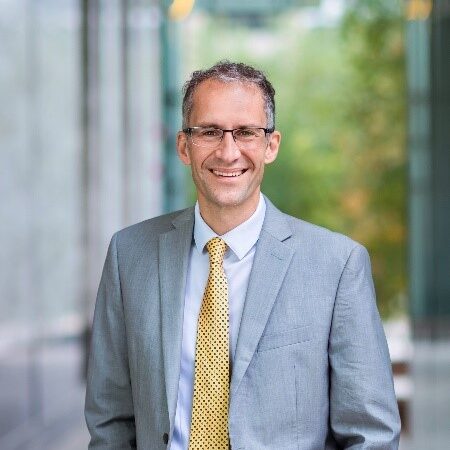
Jacopo Buongiorno is the Battelle Energy Alliance Professor of Nuclear Engineering at the Massachusetts Institute of Technology (MIT), the director of the Center for Advanced Nuclear Energy Systems (CANES), and the director of Science and Technology of the MIT Nuclear Reactor Laboratory. He has published over 100 journal articles in the areas of reactor safety and design, two-phase flow and heat transfer, and nanofluid technology. For his research work and teaching he won several awards, among which recently the 2022 ANS Presidential Citation. Buongiorno has 20 years of experience as a consultant for the nuclear industry in the area of reactor thermal-hydraulics, and as a member of the Accrediting Board of the National Academy of Nuclear Training. He is a member of the National Academy of Engineering, a fellow of the American Nuclear Society, a fellow of the NUclear Reactor Thermal Hydraulics (NURETH) conference, a member of the ASME, past member of the Naval Studies Board (2017-2019), past member of the Secretary of Energy Advisory Board space group (2020-2021), and a participant in the Defense Science Study Group (2014-2015).
Randall Field
Director of Research, MIT Energy Initiative
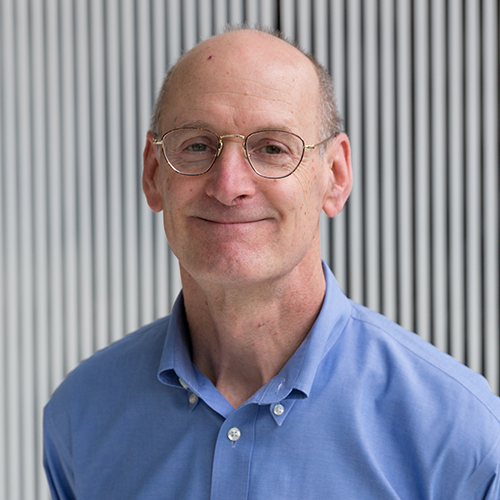
Randall Field is the director of research at the MIT Energy Initiative. He is also executive director of MIT’s Fusion Study examining the global multidecadal dynamics of the energy transition and how fusion energy can contribute to decarbonizing global energy systems. He was previously executive director for MITEI’s Mobility Systems Center, assessing the impact of transformations in vehicle and fuel technologies, service and business models, and consumer behavior in the movement of both passengers and goods. He was also executive director for MIT’s Mobility of the Future study which produced the Insights in the Future Mobility report covering global projections of alternative fuel vehicle fleets and energy consumption, deployment of charging and fueling infrastructure, attitudes towards mobility, and the impacts of innovative technologies and business models on urban mobility. As executive director for the Conversion Research Program at MIT for 10 years, Field worked with a multidisciplinary team of researchers to explore various conversion technologies for production of alternative fuels. Prior to MIT, Field worked for Aspen Technology for 23 years. Field received a SM in chemical engineering practice from MIT and a BS in chemical engineering from Caltech.
Charles Forsberg
Principal Research Scientist, MIT Department of Nuclear Science and Engineering
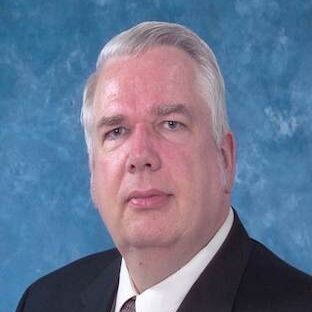
Charles Forsberg is a principal research scientist at MIT. His current research areas include fluoride-salt-cooled high-temperature reactors (FHRs) and integrated energy systems, including nuclear-assisted biofuels and utility-scale 100 GWh heat storage systems. He teaches the fuel cycle and energy systems classes. Before joining MIT, he was a corporate fellow at Oak Ridge National Laboratory. Earlier he worked for Bechtel Corporation and Exxon.
He is a fellow of the American Nuclear Society (ANS), a fellow of the American Association for the Advancement of Science, and recipient of the 2005 Robert E. Wilson Award from the American Institute of Chemical Engineers for outstanding chemical engineering contributions to nuclear energy, including his work in waste management, hydrogen production, and nuclear-renewable energy futures. He received the American Nuclear Society special award for innovative nuclear reactor design and is a former director of the ANS. Forsberg earned his bachelor’s degree in chemical engineering from the University of Minnesota and his doctorate in nuclear engineering from MIT. He has been awarded 12 patents and published over 300 papers.
Michael Goff
Acting Assistant Secretary, Office of Nuclear Energy, U.S. Department of Energy
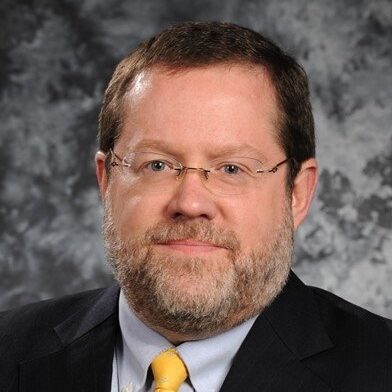
Michael Goff is the acting assistant secretary and the principal deputy assistant secretary for the U.S. Department of Energy’s Office of Nuclear Energy. Prior to joining the office as the PDAS, Goff was on assignment from Idaho National Laboratory (INL) to the Office of Nuclear Energy, where he was serving his third term as senior advisor to the assistant secretary. Goff also served a multi-year assignment as the assistant director for Nuclear Energy/Senior Policy Advisor in the Office of Science and Technology Policy in the Executive Office of the President. He has held several management and research positions over more than 30 years at INL and Argonne National Laboratory. Goff has more than 70 publications related to the nuclear fuel cycle including separations technology, high-level waste development, and safeguards. Goff has a Bachelor of nuclear engineering (1986), a MSNE (1988), and a PhD in nuclear engineering (1991), all from Georgia Tech.
John Parsons
Deputy Director for Research, MIT Center for Energy and Environmental Policy Research
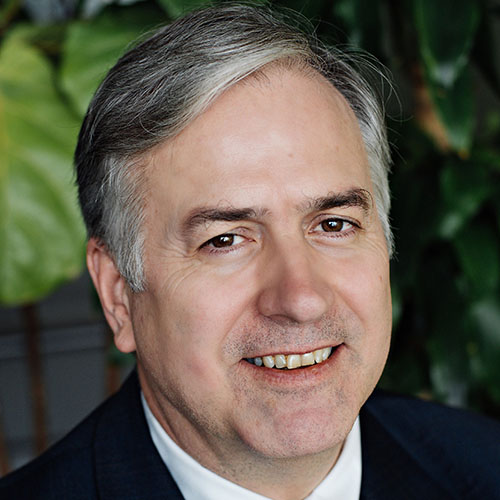
John Parsons is the deputy director for research at MIT’s Center for Energy and Environmental Policy Research (CEEPR). His research focuses on the valuation and financing of investments in the energy industry, especially those needed for the transition to a low carbon economy, and also on the problems of risk in energy and environment markets. He was a co-director of the recent MIT study on the Future of Nuclear Energy in a Carbon Constrained World and continues to analyze diverse investment options in the nuclear industry. Parsons serves as an associate member of the U.S. CFTC’s Energy and Environmental Markets Advisory Committee and has been a visiting scholar at the U.S. Federal Energy Regulatory Commission. He holds a BA in economics from Princeton University and a PhD in economics from Northwestern University.
Koroush Shirvan
Professor, MIT Department of Nuclear Science and Engineering
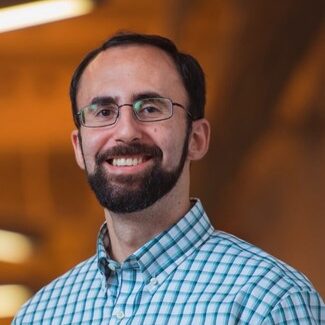
Koroush Shirvan is a professor of nuclear science and engineering at Massachusetts Institute of Technology and the current co-director of Reactor Technology Course for Utility Executives by National Academy for Nuclear Training, director of Accident Tolerant Fuel Integrated Research Project (IRP) and PI of MIT ARC-20 project as part of the Advanced Demonstration Reactor Program. His research focuses on innovations in reactor design and fuel engineering.
In 2021, Shirvan released the first open-source tool for cost estimation of existing and advanced nuclear architectures. The tool and its insights are currently utilized by policy makers and energy community worldwide. He is an active consultant to the nuclear industry on matters of digital engineering, cost, safety, use of AI/ML, and fuel technology.
Shirvan received his PhD from MIT in 2012. He has been the lead supervisor of over 50 graduate theses and is currently supervising 17 graduate students. His work on fuels has led into multiple awards including the Reactor Technology Award from American Nuclear Society in 2022.
Haruko Wainwright
Mitsui Career Development Professor in Contemporary Technology; Assistant Professor, MIT Department of Nuclear Science and Engineering and MIT Department of Civil and Environmental Engineering
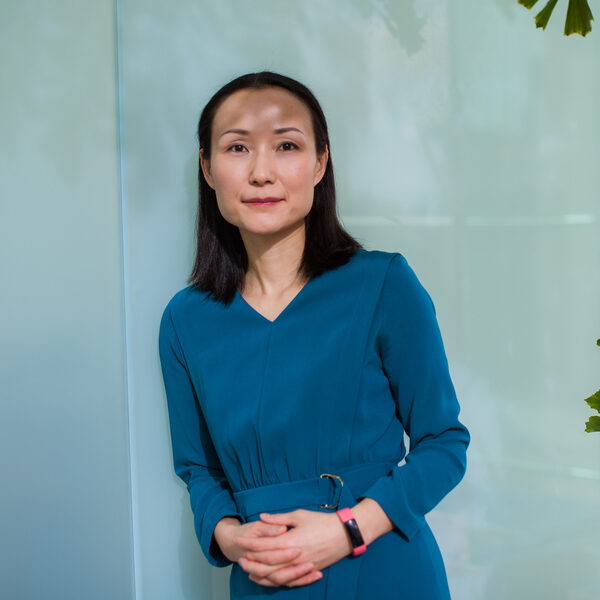
Haruko Wainwright joined the MIT Department of Nuclear Science and Engineering as an assistant professor in January 2022. She received her BEng in engineering physics from Kyoto University, Japan in 2003; her MS in nuclear engineering in 2006; MA in statistics in 2010; and PhD in nuclear engineering in 2010 from University of California, Berkeley. Before joining MIT, she was a staff scientist in the Earth and Environmental Sciences Area at Lawrence Berkeley National Laboratory and an adjunct professor in Nuclear Engineering at University of California, Berkeley. Her research focuses on environmental modeling and monitoring technologies, with a particular emphasis on nuclear waste and nuclear-related contamination.